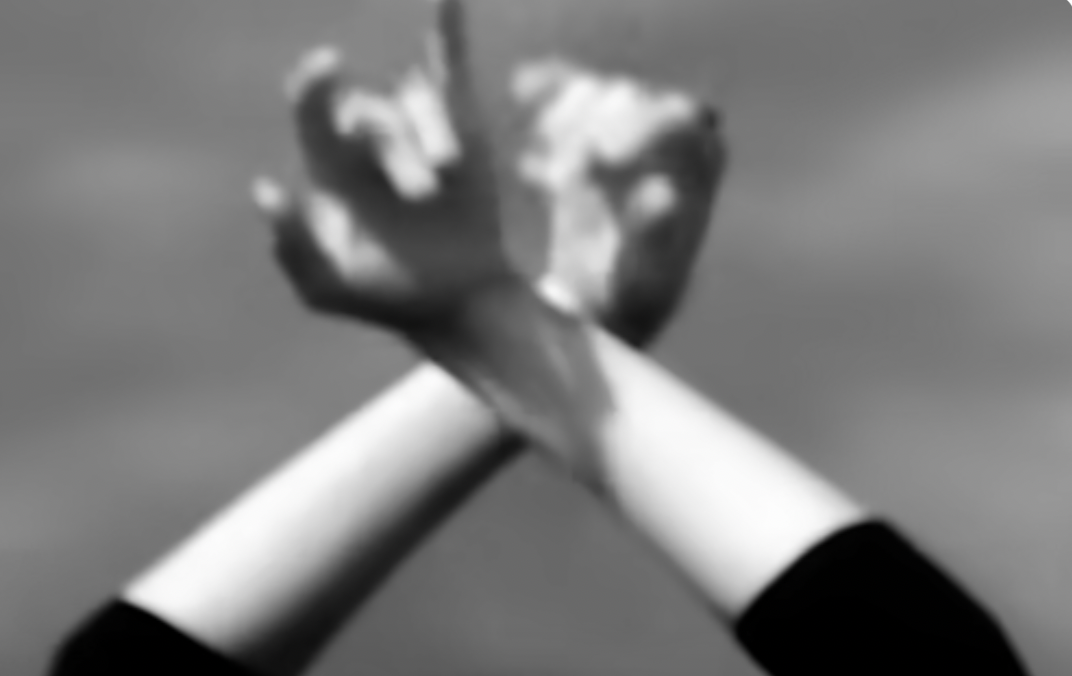“TAKE THIS LONGING FROM MY TONGUE”
“One of the most beautiful songs in the cosmos is Leonard Cohen’s ‘Take This Longing,’” I announced to the teens this morning, who are still very much in the ‘So Long, Marianne’ trance of their Cohen journey.
Radu watched from a boneless spot on the couch, his eyes absorbing the interplanetary sadness as usual.
“Why is it beautiful?” asked an insouciant teen.
And how else to answer except by noting the perfection of repetition with slight variation, as in:
Oh, take this longing from my tongue
Whatever useless things these hands have done
which returns to the room of longing:
Just take this longing from my tongue
All the lonely things my hands have done
And then there is the shape of the image, the shaping it accomplishes in what is perhaps one of my favorite song lyrics, namely:
Hungry as an archway
Through which the troops have passed
I stand in ruins behind you
With your winter clothes, your broken sandal straps
Since anyone who has walked her sandals to shreds recognizes the longing for them, even as some fellow recalls that moment in which he misses her, what the image evokes is the sadness of losing those sandals, so we can be in two minds at once: his and hers. Both longing for something ruined.
And there is also the distinct pleasure of misapprehended lyrics. For years, I thought the lyric went as follows:
untie for me your high blue gown
like you would do
for one that you loved
Today, when rationalizing my love for this song to the teens, I consulted the lyrics and found “Untie for me your hired blue gown / Like you would do for one that you love.” I missed the kind of dress (in my mind, it was an empire-waisted blue dress, hence the ‘high’) as well as the tense (I took the love as past, Cohen makes it present).
“NOT YET”
In my stacks this past week, I must mention Jeff Allesandrelli’s NOT YET: A Novel About Sex and Shyness (Future Tense Books, 2025), which I devoured in an afternoon, unable to walk away from the text that sent me back to my notes on Cesar Pavese’s heartbreaking notebooks, as well as Ovid, Kierkegaard, Kafka, the usual kindreds. . .
Allesandrelli quotes from The Unquiet Grave (1944), which British literary critic Cyril Connolly wrote under the pen name “Palinarus,” thus immediately eliciting one of my secret meridians. Noting that “a puritan is incomplete because he excludes that half of himself of which he is afraid, and so the deeper he imprisons himself in his fastidiousness,” Connolly adds to the provocation by asking:
“Is it possible to love any human being without being torn limb from limb?” No one was ever made wretched in a brothel; there need be nothing angst-forming about the sexual act. Yet a face seen in the tube can destroy our peace for the rest of the day, and once a mutual attraction develops it is too late; for when sexual emotion increases to passion, then something starts growing which possesses a life of its own and which, easily though it can be destroyed by ignorance and neglect, will die in agony and go on dying after it is dead."
“A face seen in the tube. . .” How many poems and stories begin as a result of just that?
One more quote from A’s book.
“The tragedy of well-meaning people is the tragedy of a little man gathering all the blue he can find by the light of dawn, and then, at dusk, groping about in his collection afraid off picking up red, which may, in any case, turn out to be yellow. Conscience is nothing more than a flair, trying to recognize a color by the feel of it.”
— Cesare Pavese, diary entry for 30th December, 1937
“SKIN WITH . . .”
Jasper Johns, Skin with O'Hara Poem, 1965
And finally, four stunning lines from a poem by Antonella Anedda titled “[Pindar says the poet must guard the apples of the Muses],” as translated by Patrizio Ceccagnoli and Susan Stewart and published in The Paris Review at some point that was not recent:
Clearly, the dragon is irrelevant,
if anything, we need a hen,
the creature that hatches the egg of verses:
white for the void, yellow for the words.


